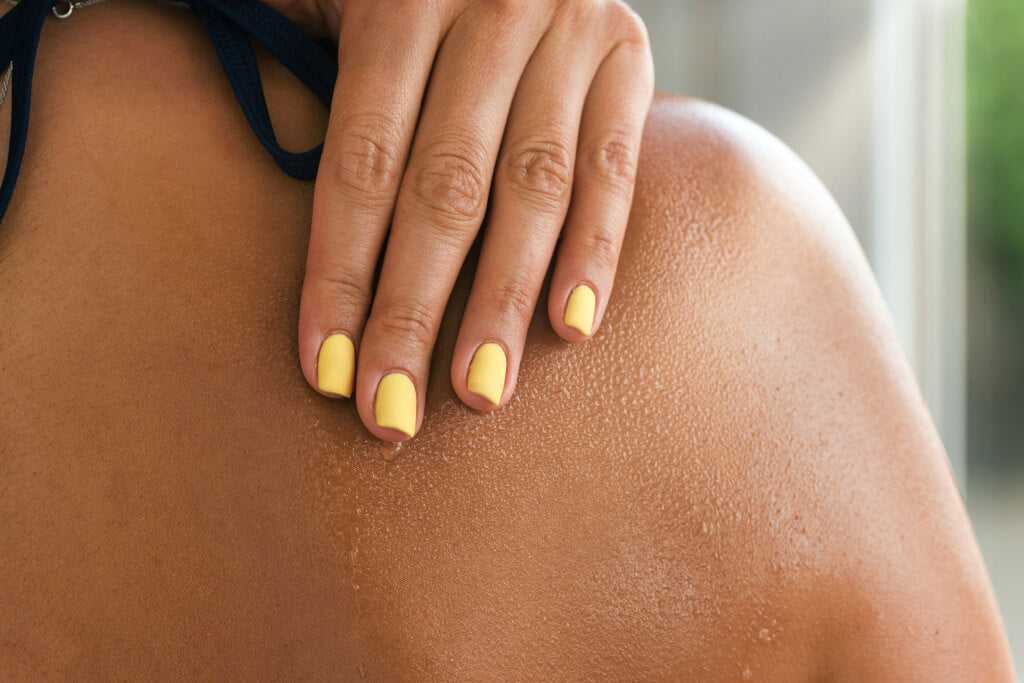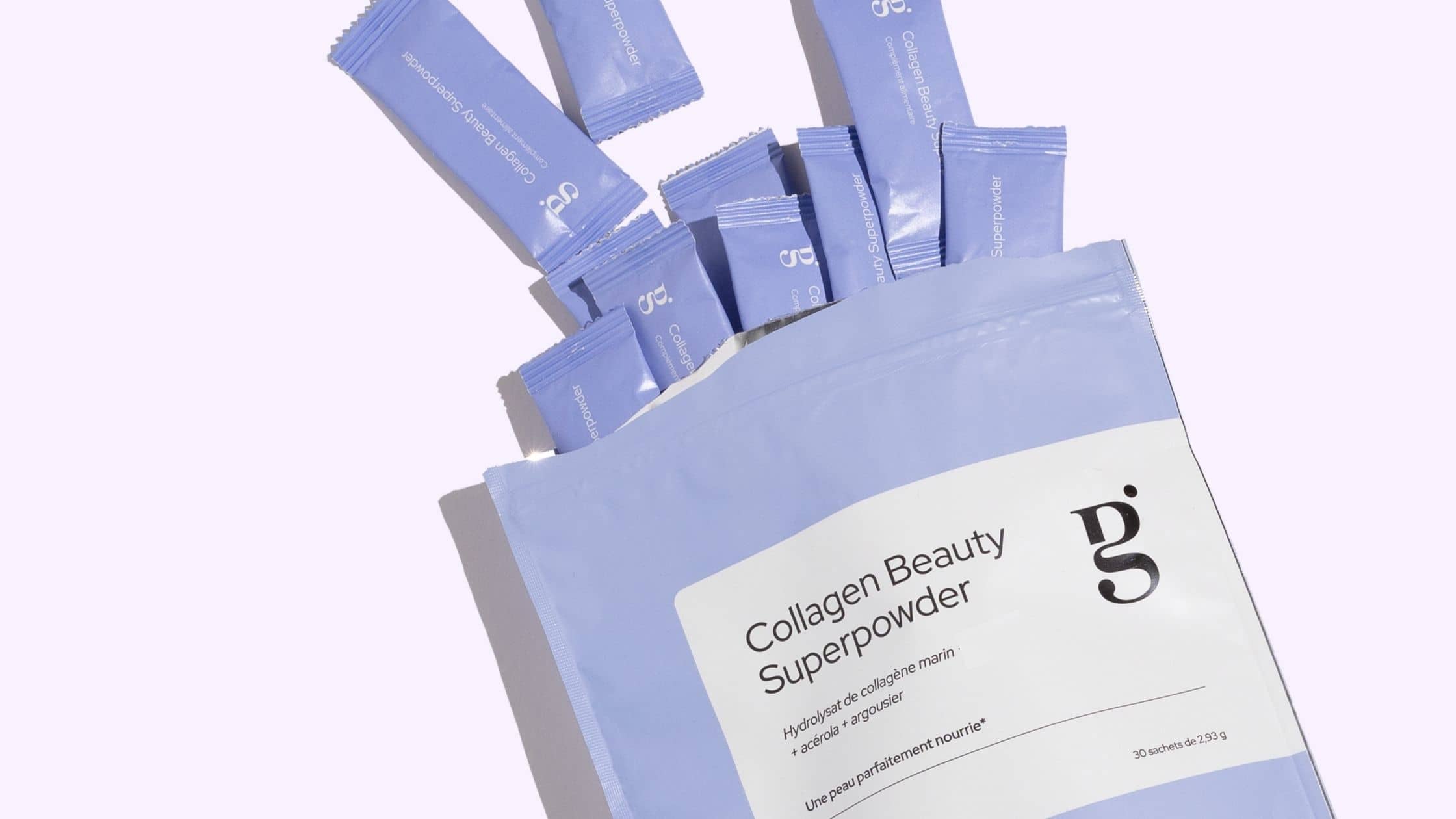The human body is, on average, made up of 65% water and can lose up to 1.5 liters per day. Maintaining adequate hydration is crucial for our overall well-being, and it has a significant impact on the health and appearance of our skin. When your skin starts to feel tight, it often indicates that it's failing in its barrier function, making it more susceptible to irritations, redness, and wrinkles. And let's not forget that our skin faces an array of challenges year-round: pollution, cold temperatures in winter, heat in summer, wind, sun, air conditioning, and even stress. So, how can we keep our skin hydrated when our bodies are constantly losing water through breathing, sweating, and other natural processes? Here are some tips to help you out.
Opt for Plant Oils for Skincare
Hydrating your skin in the morning and evening—and more often if needed—is essential. But hydration isn't the only thing your skin needs; it also requires nourishment. While our skin needs water to stay hydrated, it also requires fats to help retain that hydration and maintain its protective barrier. A balanced skincare routine would involve using a hydrating treatment in the morning and a nourishing, lipid-rich treatment in the evening.
A Focus on Aloe Vera and Plant Oils
Aloe vera is an excellent hydrating treatment, as are emollient plant oils that penetrate deeply into the skin to combat dryness and maintain suppleness. You can apply these oils directly onto your skin or add a few drops to your regular moisturizer. Remember, though, not all oils are created equal. Choose the one that best suits your skin type.
The Benefits of Argan Oil
Often referred to as "liquid gold," argan oil is rich in vitamins A and E, as well as antioxidants. It's quickly absorbed by the skin and has a revitalizing and soothing effect, making it ideal for treating redness. Because it doesn't have a greasy residue, it's also suitable for acne-prone skin and aids in cell repair. It's a natural anti-aging wonder: a few drops, massaged regularly onto the face, will nourish the skin and improve its elasticity.

Nutrition's Role in Skin Hydration
Drinking water isn't the only way to hydrate your skin; your diet plays an equally important role. Fruits and vegetables are not only rich in essential nutrients but also contribute to your skin's natural hydration. For instance, cucumbers are a hydration powerhouse, consisting of more than 96.5% water and containing beneficial potassium and vitamin C, which are vital for microcirculation and collagen production.
Citrus fruits like oranges and lemons are also hydration heroes, being rich in water and vitamin C. These fruits serve as natural anti-aging remedies suitable for everyone. To further enhance your skin's vitality, consider supplements like our Collagen Beauty Superpowder, which combines vitamin C with hydrolyzed marine collagen to keep your skin hydrated and firm, thus preventing wrinkles. It truly acts as an elixir for youthful, hydrated skin.
In the summer, don't forget about tomatoes, which are rich in both water and lycopene, a compound known for combating acne. Similarly, orange fruits and vegetables like apricots, melons, and peaches are rich in beta-carotene, preparing your skin for sun exposure and giving you a glowing complexion. As summer winds down, consider hydrating grapes, which also possess skin-benefiting draining properties. In the winter, opt for hydrating squashes to boost your skin's radiance and purity.

Choosing the Right Skincare Products
Be cautious when using foaming cleansers, as they can be too harsh and disrupt the skin's protective barrier. If your skin feels squeaky or tight after washing, it's a sign that your cleanser is too stripping. Such products can make your skin more sensitive and prone to dehydration, redness, and tightness.
To protect your skin, scrutinize ingredient lists carefully and steer clear of Sodium Lauryl Sulfate (SLS) and similar sulfated derivatives, which may irritate sensitive skin. For body care, swap out conventional shower gels for milder surfactants that might not foam as much but are gentler on the skin. Aleppo soap is a great alternative, being enriched with plant oils.
For facial care, opt for plant oils for makeup removal and products that maintain the skin's natural pH balance. And don't forget the importance of regular exfoliation—about once a week—with a gentle scrub. Exfoliation is essential for removing dead skin cells and allowing skincare products to penetrate more effectively. For the best results, choose natural and organic scrubs with particles that are gentle on the skin. Follow up with a nourishing mask to restore your skin's moisture balance.





